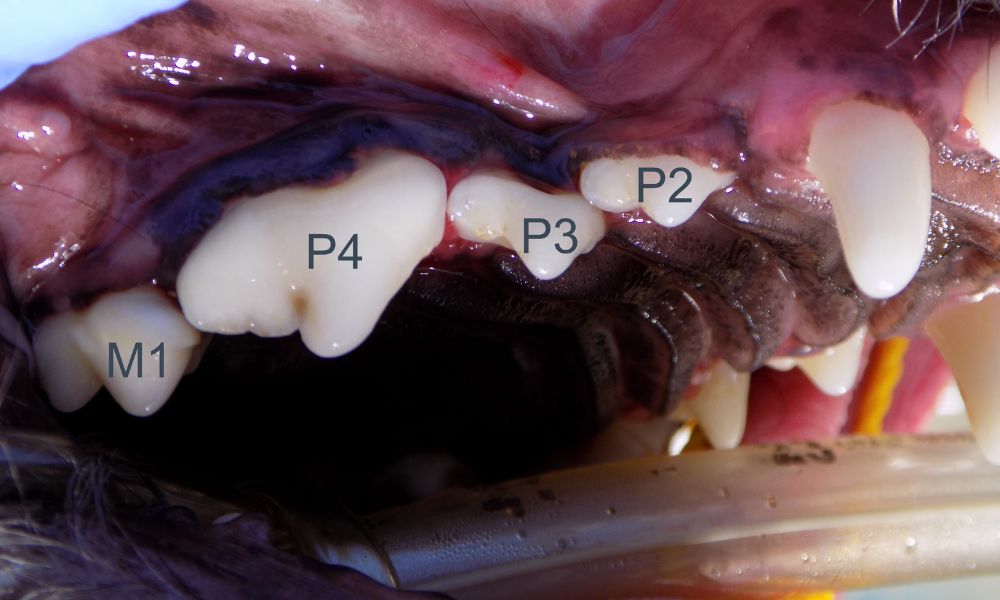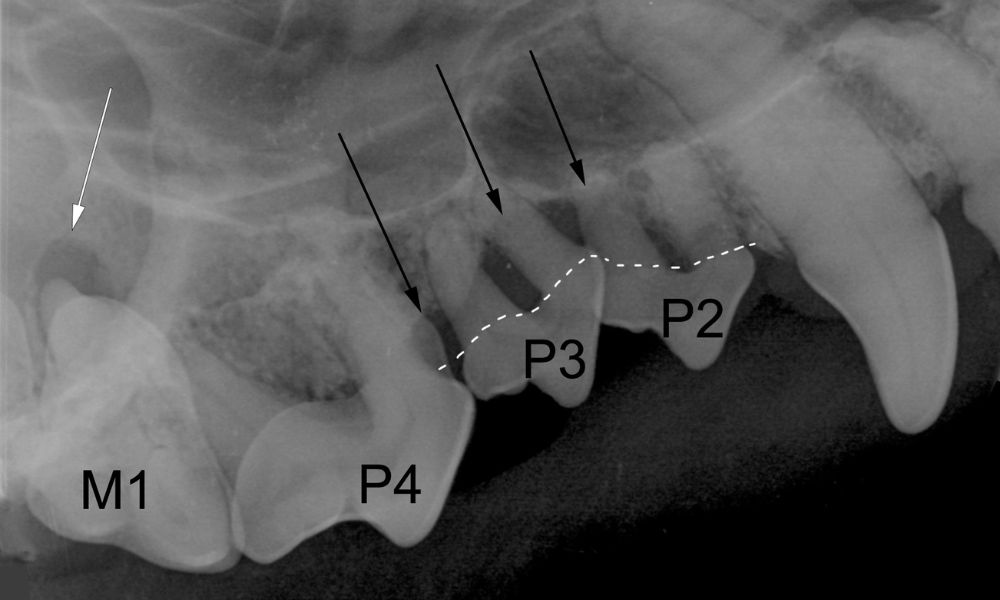About Anesthesia vs Anesthesia-Free Dental Cleanings
We understand that anesthesia can concern pet owners, and we are committed to prioritizing your pet’s safety.
General anesthesia is required to obtain intra-oral radiographs, achieve thorough periodontal treatment, and perform any oral surgical procedures that might be indicated. We understand your concerns for your pet’s safety, and to minimize the risk of anesthetic complications, we provide the following:
- Pre-surgical Assessment: Pre-surgical blood tests and physical examination enable us to assess and minimize the risk of anesthesia for your pet.
- Monitoring: A veterinary nurse is present throughout the procedure, monitoring heart rate and rhythm, respiration rate and quality, body temperature, blood oxygenation, and blood pressure. This allows us to detect and address potential problems before they become life-threatening.
- IV Catheterization: For all procedures requiring general anesthesia, an intravenous catheter is placed to provide us with an easy route to administer medications and fluids (which support blood pressure and kidney function) during the procedure.
- Pain Management: We will pro-actively manage pain associated with any oral surgical procedure by administering pain medications before and/or after the procedure, in addition to use of local anesthetics (similar to Novocain®). As with any drug, side effects may be associated with administration of pain medications and local anesthetic agents.
In large, international studies involving over 100,000 patients, the risk of death associated with anesthesia was found to be approximately 1 patient per 2,000.
Here is a dog with clean, beautiful teeth:


But radiographs (x-rays) showed severe bone loss (black arrows), and an active abscess (white arrow).
(The normal bone levels are represented by the white dotted line.)
Without dental x-rays, it is impossible to know whether your pet’s mouth is truly healthy. The dog pictured above showed no signs of pain; he was playing, eating, and acting like his normal self. But abscessed teeth hurt! Dogs and cats mask their pain very well. Often, the only signs of discomfort are losing interest in chewing toys and/or sleeping more, which many pet parents attribute to aging. To make sure your pet is as healthy as he or she can be, x-rays must be part of their dental care plan.
